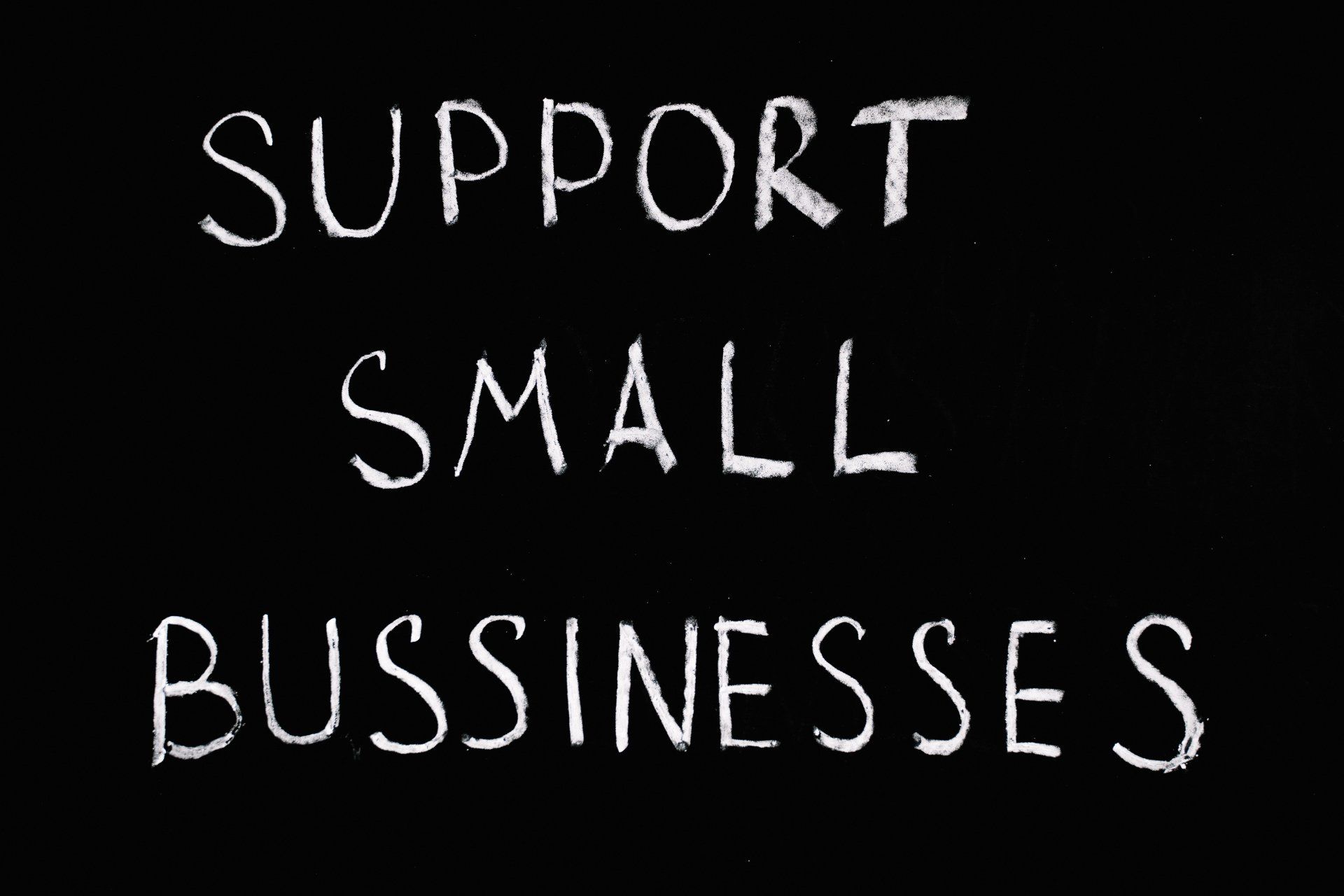By Mike Henninger
•
December 4, 2024
The Power of an “on demand” Fractional CFO: Unlocking Cash Flow, Revenue, and Profit for a Successful Exit As a small business owner, you’re likely wearing multiple hats—balancing day-to-day operations, customer relationships, marketing, and everything in between. But one of the most important pieces of the puzzle often gets pushed to the back burner: financial management . You might be great at running the business, but without the right financial strategy, growth can be slow, and a successful exit can feel like an uphill battle. This is where an “on demand” fractional CFO can truly change the game. In my experience, having an “on demand” fractional CFO is like having a secret weapon in your business arsenal—one that can supercharge cash flow, drive revenue, increase profit, and position your business for a profitable exit. It's an investment that pays massive dividends when you're planning for long-term growth and eventually selling your business. Here’s how a fractional CFO can transform your business. 1. Cash Flow Mastery: The Foundation of Stability Cash flow isn’t just an accounting term; it’s the lifeblood of your business. Without a steady, predictable cash flow, even the most profitable business can quickly find itself in trouble. A fractional CFO’s job is to make sure cash is flowing smoothly and consistently—keeping operations running, covering payroll, managing debt, and making sure there’s always enough liquidity for strategic growth. They’ll dive into the numbers to help you understand where your money is coming from and, just as importantly, where it’s going. They'll set up systems to track receivables, payables, inventory, and more. With their expertise, they’ll ensure that cash flow is optimized, forecasted, and strategically managed so you can stay ahead of potential gaps and seize opportunities when they arise. Let’s face it: You can’t grow a business if you’re constantly worried about cash. A fractional CFO makes sure your business is not just surviving but thriving—setting you up to scale and increasing your chances of a profitable exit when the time comes. 2. Driving Revenue: Taking the Guesswork Out of Growth Growing your revenue is where the rubber meets the road, but it’s also where many small businesses hit a wall. You can’t just rely on random bursts of sales or hope that the market will favor you. You need a strategy—a smart, data-driven strategy to build sustainable growth. This is where your fractional CFO becomes invaluable. Utilizing deep financial insight, they’ll help you understand the levers that drive growth—whether it's optimizing your pricing, improving your sales funnel, or diversifying revenue streams. They’ll help you create solid financial models to forecast revenue, track key performance indicators, and make decisions based on hard data instead of intuition. It’s all about taking the guesswork out of growing your business. A fractional CFO will identify the areas where you can scale quickly and efficiently, ensuring that revenue growth doesn’t come at the cost of your margins. They’re constantly on the lookout for opportunities to improve profitability while driving top-line growth. That’s a powerful combination when you’re gearing up for an exit. 3. Profitability: The True Measure of Success At the end of the day, revenue is important, but it’s profit that really matters. You could have great sales, but if you’re not managing your costs effectively, you're running in circles. A fractional CFO will help you drill down into the details of your operations, identifying areas where you can streamline costs without sacrificing quality or service. They’ll optimize your cost structure, help you renegotiate contracts, and eliminate inefficiencies that might be eating away at your margins. Whether it's tweaking your pricing strategy, adjusting supplier agreements, or improving your operating model, a fractional CFO will work to boost your profitability across the board. Profit is key, not just for keeping your business healthy, but for positioning yourself for a successful exit. Buyers or investors will want to see that your business is profitable and can maintain or increase that profitability after acquisition. A fractional CFO ensures you’re maximizing your profits in preparation for a sale, making your business more appealing to potential buyers. 4. Preparing for a Profitable Exit: Making Your Business Attractive to Buyers If you're thinking about selling your business down the line, you need to start preparing now . A successful exit doesn’t happen overnight, and a fractional CFO is the person you want in your corner to help you position your business for the highest possible return. They’re the ones who’ll guide you through the entire exit strategy process, from preparing your financials to managing negotiations. They’ll ensure that your business is running at its peak with well-documented financial records, a system to track KPI’s, strong cash flow, and optimized profit margins. They’ll also help you plan for the tax implications of the sale, ensuring that you get to keep as much of the sale price as possible. Most importantly, your fractional CFO can assist in crafting a growth story that makes your business irresistible to potential buyers. They’ll help you showcase your business's strengths, growth potential, and profitability, which is what buyers are looking for. They’ll also identify any areas of concern that could hurt the sale price, allowing you to address them before you enter the market. 5. Strategic Guidance at a Fraction of the Cost One of the most powerful aspects of having an “on demand” fractional CFO is that you get all the expertise of a seasoned financial leader without the full-time salary . For many small businesses, hiring a full-time CFO is simply not feasible, but a fractional CFO gives you access to that level of expertise at a fraction of the cost. Think of them as a strategic partner who can provide high-level guidance and bring clarity to your financial decisions. Whether you’re making day-to-day financial choices or planning for long-term growth, having a fractional CFO on board means that you have someone who’s constantly looking out for your best financial interests. Conclusion: The Bottom Line The path to a profitable exit is paved with solid financial decisions, and a fractional CFO is the partner you need to make those decisions with confidence. From mastering cash flow to driving revenue and increasing profitability, they provide the financial expertise necessary to take your business to the next level. Most importantly, they help you position your business for a successful exit —one that will leave you with the financial freedom you deserve. A fractional CFO is more than just a numbers person; they’re your strategic partner, your business’s financial architect, and the key to unlocking long-term success. If you're serious about growing your business and cashing out with maximum value, having an “on demand” fractional CFO is not just an option—it’s a game-changer.











